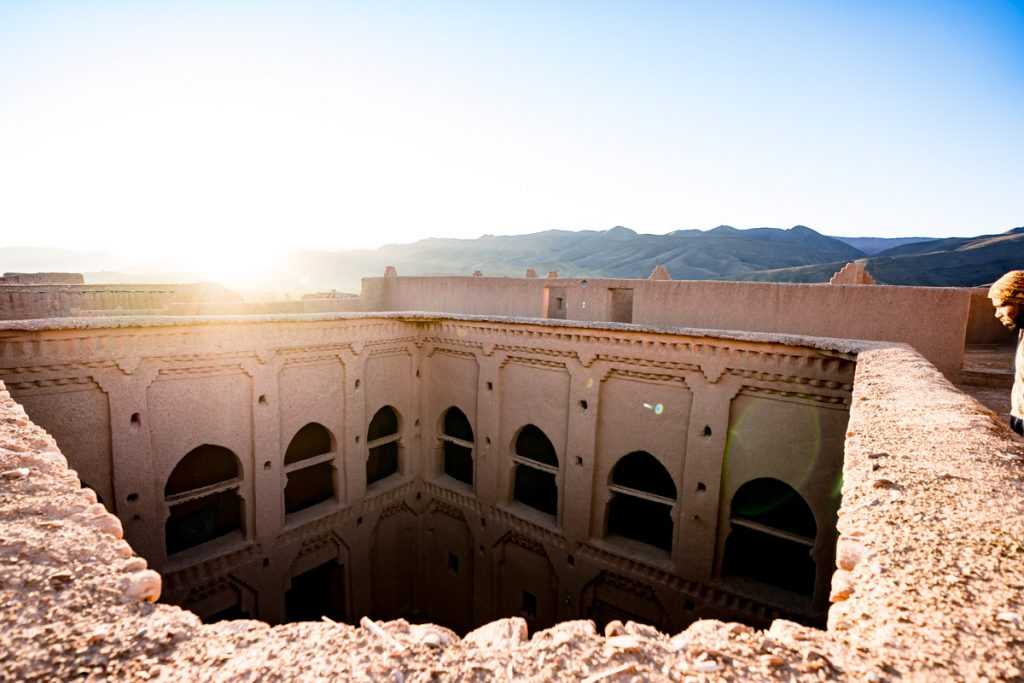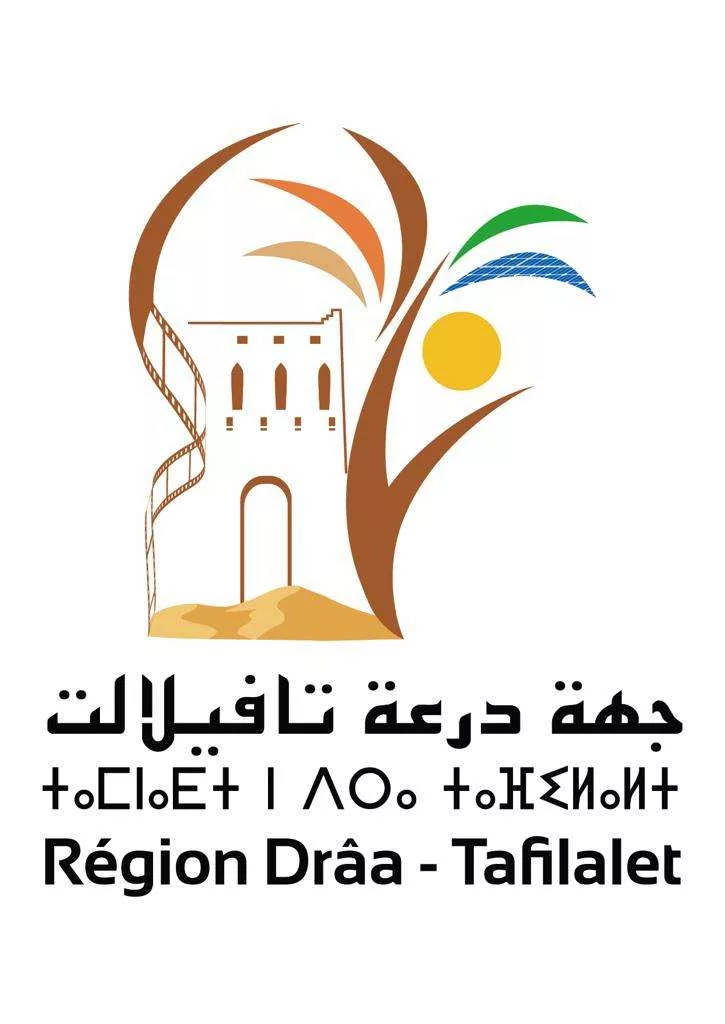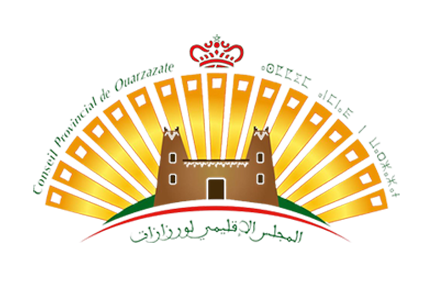Located a few kilometers from Zagora, Ksar Tissergate dates back five centuries. The Ksar and its Draa Valley Museum of Arts and Culture, which was restored in 1968, are well worth visiting!

Ksar Tissergate was built in the 16th century that still inhabits Moroccan families. It is one of the most impressive and well-preserved Ksours in the entire south of Morocco. The ochre-colored Ksar dominates the low cultivable soils at the valley’s edge. The ksar has a single entrance door that was previously guarded and closed every evening, houses lined up along a main road, granaries, an open section to the outside reserved for visitors, and a section reserved for women, open to the inside.
You can experience thermal ventilation, which is perfect for the hot summer weather, through the kasbah’s labyrinth of narrow, largely covered, and dark alleys. The houses are all constructed in the same style. Light is kept to a minimum anywhere to protect against the sun’s rays. This will undoubtedly inspire modern architects!
Draa Valley’s Museum of Arts and Culture
In the Ksar, there is a museum dedicated to the Draa Valley’s arts and culture. It is made up of old houses and narrow streets that are shaded by the sun. This museum is well worth visiting.
This unique museum in the Draa Valley is located in an old Ksar Tissergate house. It documents the traditional way of life of the Berber and Tuareg communities of the Draa Valley region, as well as presenting different characteristics of this pre-dessert region.
When you first walk into the museum, you’ll find a series of themed rooms, including the most famous display of traditional jewelry with geometric or floral motifs. Other rooms outline the tools that are used on a daily basis, such as farming material for the fields or irrigation. These tools were used collectively to keep the irrigation channels (seguia) in good condition.
The Draa Valley’s traditional outfit has its own distinct characteristics. In another room, you will discover the traditional costume worn by the locals, which preserves the traces of the different civilizations who lived in the province of Zagora. The men’s official costume includes a Darraa, a type of gandoura, and a feroual, a fine fabric ribbon is worn as a headdress. The perfect outfit for winter is the burnous, heavy woolen cloth with a hood. An izar or malhfa, a long cloth kept at chest level by two wide silver fibulas and belted at the waist, completely covers women. The traditional dress of the Draa Valley has its own characteristics in terms of costume, style, texture, and fabric.
Consider taking a guided tour of the Draa Valley Museum of Arts and Traditions. The guide will take you on a tour full of fascinating souvenirs. The museum is an excellent initiative to learn all about the tribes that once lived here.
Don’t be surprised if you see kids playing hopscotch, jacks, marbles, bungee jumping, or even balloons in the streets of the village. This will bring back memories from your childhood!


Don't miss our monthly newsletter to get exclusive information and enjoy your stay in Drâa Tafilalet.
Copyright 2025 This site is managed by the regional tourism council of Draa Tafilalet
